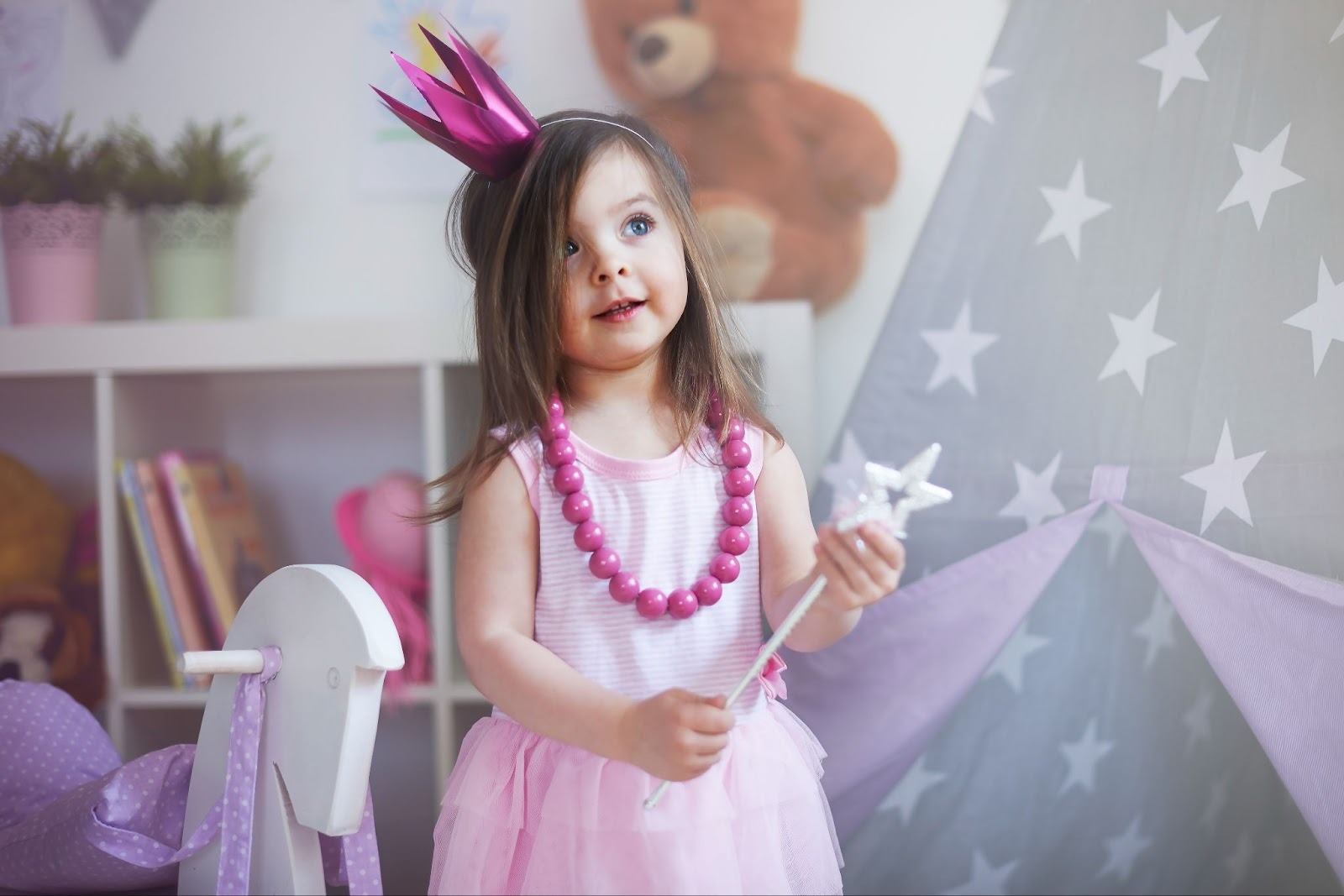Music is more than just entertainment for children—it’s a powerful tool that nurtures emotional development and well-being. As parents, understanding how music impacts your child’s emotions can help you foster a supportive and joyful environment at home.
Navigating the teenage years can be challenging for both teens and their parents. As young people grow, they often face…
As parents, we all want our children to feel loved, understood, and supported. One of the most powerful ways to nurture your child’s emotional well-being is by creating a safe space at home where they feel comfortable expressing their feelings. Here’s how you can foster an environment that encourages open and healthy emotional expression, with examples for every age.
As parents, we want the best for our kids. We want them to feel loved, safe, and supported. However, sometimes our well-meaning efforts to make life easier can inadvertently make it harder for them in the long run.
As parents, we all want the best for our children—emotionally, socially, and academically. But sometimes, children face challenges they can’t express in words. This is where play therapy comes in, offering a powerful way for kids to process emotions, build resilience, and grow.
As parents, we all want to foster deep, meaningful connections with our children. One of the most effective—and enjoyable—ways to do this is through playtime. Play is more than just fun; it’s a powerful tool for building trust, communication, and emotional security.
Self-harm is a difficult and sensitive topic for any parent to face. If you suspect or know that your child is self-harming, you may feel scared, confused, or even helpless. It’s important to remember that you are not alone, and there are ways to support your child through this challenging time.
Anger is a natural emotion, even for children. While it’s normal for kids to feel angry from time to time, learning how to manage and express that anger in healthy ways is a crucial life skill. As parents, you play a vital role in guiding your children through these big feelings. Here are practical tips, real-life examples, a helpful checklist, and resources to help your child manage anger in a positive way.
Trust is the foundation of every healthy relationship, and the bond between parent and child is no exception. As children grow, their needs, perspectives, and independence evolve. Nurturing trust through each stage of development is essential for fostering open communication, emotional security, and lifelong connection.
Parenting a child with ADHD or other behavioral challenges can be both rewarding and overwhelming. As a professional play therapist, I’ve seen firsthand how play therapy can be a transformative tool for children and their families. In this blog, we’ll explore how play therapy works and why it’s such a powerful approach for addressing behavioral challenges.










